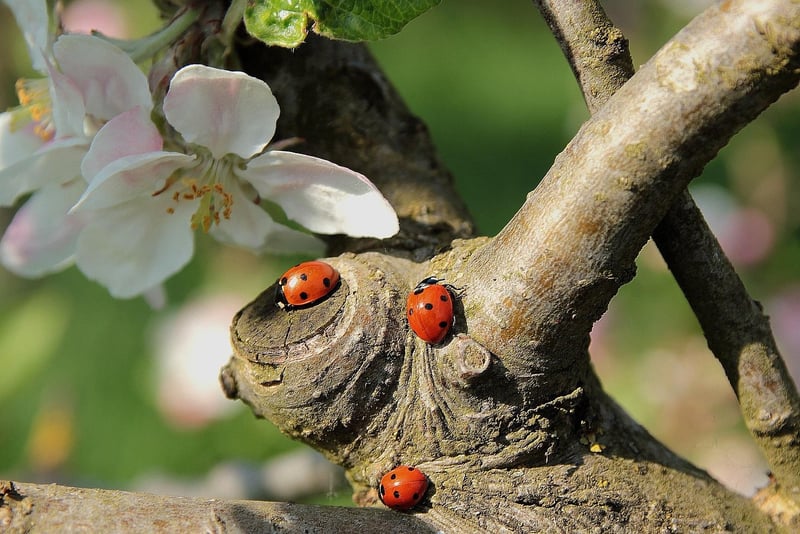Beneficial Insects
Protecting Your Plants from Pests and Encouraging Beneficial Insects
As a garden enthusiast, maintaining a healthy and thriving garden is likely at the top of your priority list. One key aspect of this is protecting your plants from various pests that can wreak havoc on your garden. While chemical pesticides are an option, they can harm beneficial insects and have negative effects on the environment. A more sustainable approach involves creating a balanced ecosystem where beneficial insects play a crucial role in controlling pests naturally.
Identifying Common Garden Pests
Before you can effectively combat garden pests, it's essential to know what you're up against. Common garden pests include aphids, caterpillars, spider mites, and beetles. These pests can damage your plants by feeding on them, causing wilting, discoloration, and even plant death in severe cases.
Encouraging Beneficial Insects
Beneficial insects are natural predators that feed on garden pests, helping to keep their populations in check. Some common beneficial insects include ladybugs, lacewings, and parasitic wasps. To attract these helpful insects to your garden, consider planting a diverse range of flowers, herbs, and plants that provide them with food and shelter.
Plants that Attract Beneficial Insects:
- Dill
- Fennel
- Marigolds
- Lavender
- Sunflowers
- Mint
Companion Planting
Companion planting involves strategically planting certain species together to benefit one another. For example, planting marigolds alongside tomatoes can help deter pests that commonly affect tomato plants. Research companion planting techniques to find the best combinations for your garden.
Organic Pest Control Methods
In addition to attracting beneficial insects, there are several organic pest control methods you can employ to protect your plants:
- Handpicking pests off plants
- Using insecticidal soap or neem oil
- Applying diatomaceous earth as a natural insecticide
- Creating physical barriers like row covers
By implementing these methods and encouraging beneficial insects in your garden, you can effectively protect your plants from pests in a sustainable and environmentally friendly way.

Remember, a healthy garden is a diverse ecosystem where pests are kept in check naturally. By incorporating these practices into your gardening routine, you can enjoy a beautiful and thriving garden for years to come.
Stay tuned for more gardening tips and tricks!
